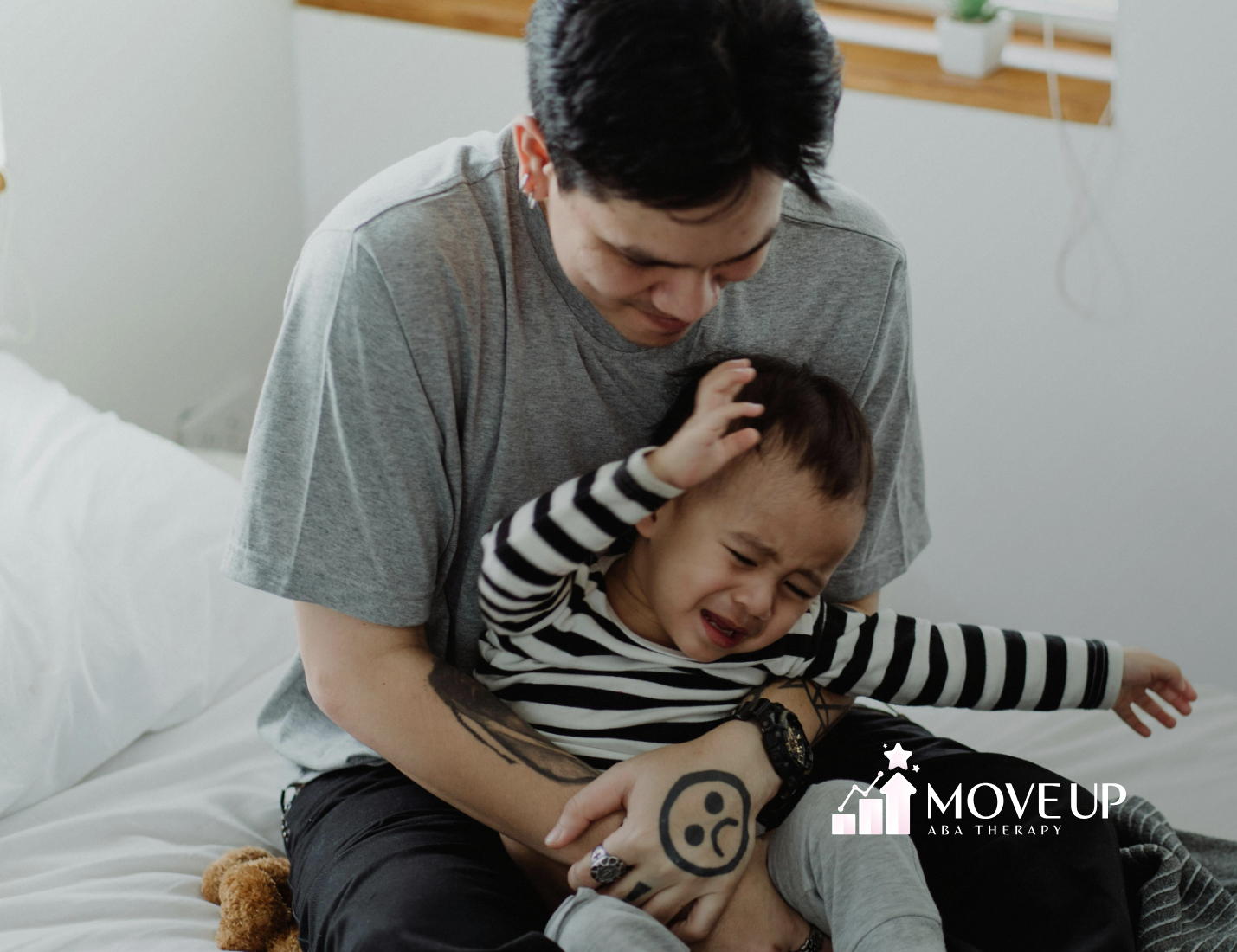Is ABA therapy repetitive? Learn why repetition is used in ABA, how it helps skill-building, and ways therapists keep sessions engaging....
Is in-home ABA therapy effective? Discover the benefits, flexibility, and personalized approach of ABA sessions conducted at home....
Can you pause ABA therapy? Learn when it's possible, what to consider, and how breaks may affect progress....
Children with autism often have difficulty regulating emotions, which can lead them to become upset more easily than their neurotypical peers. This is not due to “bad behavior” but rather because of how their brains process information, especially sensory input and emotional cues. Unexpe...
Parent training is a key part of how applied behavior analysis works. In ABA therapy, these training sessions help parents learn the skills and knowledge they need. With this help, families can support their child both in therapy and at home. ABA parent training connects what children learn at the c...
ABA therapy, also called applied behavior analysis, is known to be one of the most helpful ways to support kids with autism spectrum disorder. This kind of therapy uses behavior analysis in a careful way. It can help children learn important social and communication skills. It also helps with daily ...
Applied Behavior Analysis (ABA) therapy is widely used to support individuals with Autism Spectrum Disorder (ASD), but many parents wonder which level of autism benefits most from this approach. The answer: ABA therapy can be effective across all three levels of autism, with varying levels of intens...
In Applied Behavior Analysis (ABA), shaping and chaining are two powerful teaching methods used to help children with autism learn new skills. Though both focus on breaking learning into manageable steps, they serve different purposes. Shaping is used to teach a brand-new behavior that a child may n...
Autism Spectrum Disorder (ASD) is a neurodevelopmental condition, not an illness that progresses like a disease. However, if left untreated, some of the challenges associated with autism can become more difficult to manage as a child grows. For example, without early support, delays in communication...










